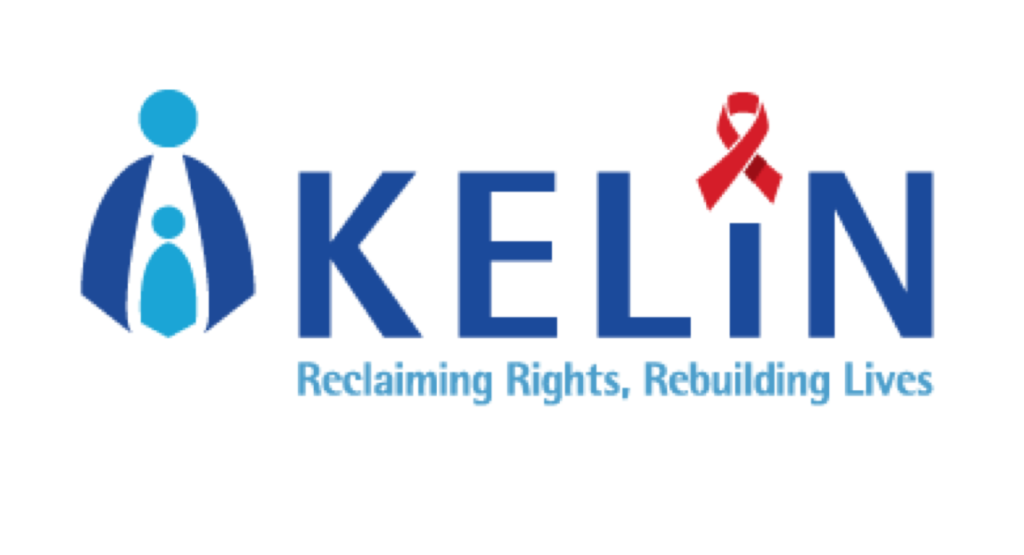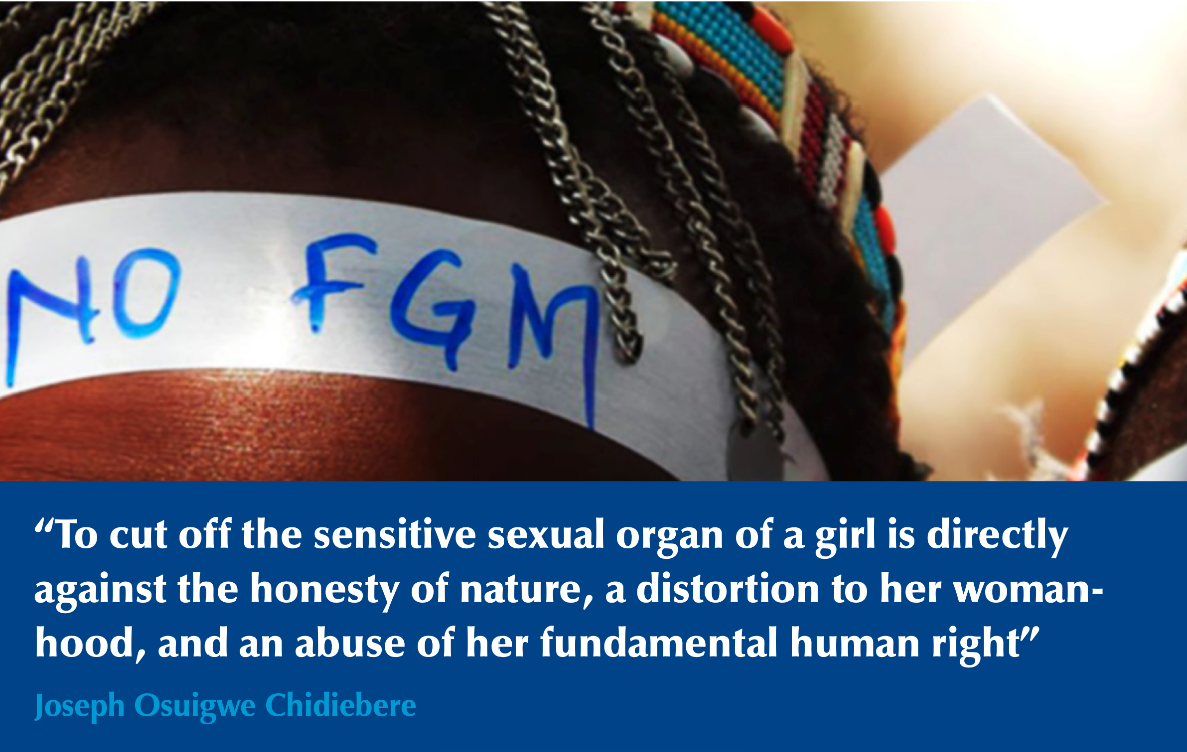AIDS 2018 came at a critical point in the HIV response, with the biggest impediment to ending HIV and AIDS being leaving people behind. The only way we can end AIDS is by ensuring the incredible achievements made this far reach all settings and populations.
The July 2018 Conference themed ‘Breaking Barriers Building Bridges’ was hosted by a city that highlights how values of tolerance and respect for human rights are essential to an effective HIV response. When HIV and AIDS first emerged in Amsterdam in the 1980s, the early signs were alarming. New Cases of HIV were rapidly increasing, especially among gay men. Transmissions were also occurring as a result of injecting drug use.
As one of the freest, open and tolerant cities in the world, Amsterdam, opted not to adopt the coercive stance recommended by some during the early years of the epidemic. Instead, the city leveraged, rather than suppressed, the local culture of freedom, inclusion and tolerance. Gay communities demanded a seat at the table of AIDS-related decision making, and soon gay men were in large measure leading and shaping a response to an epidemic that primarily affected gay men.
Amsterdam grounded its AIDS response in scientific evidence and worked to elevate common sense and inclusion over prejudice and scapegoating. It is no wonder that Amsterdam was the perfect city to host the 22nd International AIDS Conference and steer conversations on the need for rights-based approaches to effectively reach key populations.
It was my first time to attend the conference and all the sessions looked interesting and beneficial to my work. I was able to zero in on two sessions, that came close to my heart. The first one was on ‘achieving health equity for young key populations’ and the second on the ‘results and successes of the African regional grant’. I particularly enjoyed the latter and I will elaborate later on in this article.
Achieving health equity for young key populations
Young key populations refer to young people aged between 15 to 24 years who are members of the key populations. They include young people living with HIV, young gay men and other men who have sex with men, young transgender people, young people who inject drugs and young people (18 years and older) who sell sex. Young key populations often have needs that are unique and their meaningful participation is critical to a successful HIV response. More often than not, they face double stigma for engaging in activities considered ‘morally wrong’ and for doing so when they are underage.
During the session, young key populations from Africa raised concerns on the human rights violations they faced in the hands of health care workers. Stigma and discrimination are the order of the day to an extent that they totally avoid going to hospitals to seek treatment or totally falsifying their symptoms. A young lady from Botswana shared her experience. From the moment she walked into a certain clinic, the health care worker begun criticizing her tattoos and nose ring. She had not disclosed that she was a sex worker and had an STI. She ended up lying to the nurse that she had a headache and ended up leaving the clinic with a dose of paracetamol. Such incidences push young key populations underground thus negating all efforts made towards reaching the 90-90-90 global targets to ends AIDS.
Interventions are currently designed to address different key populations. To enhance the effectiveness of the programs, interventions should be designed to fit specific age groups and focus on young key populations. To achieve this, the monitoring and evaluation system should be disaggregated by age groups to provide evidence for the policies and interventions.
People engaging in risky behaviors seem to face more stigmatization compared to others. As a result, there is need to enhance legal support activities to empower young key populations on their legal rights while imparting life skills that support them and improve their self-esteem.
Results and successes of the African regional grant
The Africa Regional Grant on HIV: Removing Legal Barriers programme aims to address human rights barriers faced by vulnerable communities in 10 African countries and facilitate access to lifesaving health care. The grant is the first of its kind and also works at the continental and regional levels with the African Union Commission and key Southern, Eastern and Western Africa Regional Economic Communities to promote alignment of national laws and policy with regional and international human rights commitments. KELIN is one of the implementing partners in Kenya.
The session showcased the achievements of the regional grant at a time when the grant is coming to an end and in wake of increased concern that global donors are shying away from funding human rights work in relation to HIV. This session was aimed at changing the narrative by emphasizing the need to fund human rights work if we are to effectively combat HIV.
Sharing lessons across the 10 countries have proven invaluable in removing legal barriers. Specifically, the successes in strategic litigation in Kenya, Malawi and Botswana indicate that integrated capacity strengthening of critical stakeholders (lawyers, judges, law enforcement officers, health care workers and civil society organizations) in HIV, TB and human rights is key to preventing and addressing human rights violations of key populations; reinforcing the implementation of supportive laws and strengthening the evidence base for law reforms. Advocacy efforts have also resulted in the integration of the transgender community into national strategic plans, and adjudication for women living with HIV, and sex workers.
The Elizabeth Taylor Human Rights Award
The highlight of my experience was when I witnessed my colleague, Mr. Allan Maleche, receive the fourth Elizabeth Taylor Human Rights Award. The award recognizes the efforts of individuals who have achieved major breakthroughs or shown exceptional courage in their efforts to advocate for human rights in the field of HIV.
Mr Maleche was awarded this prestigious award due to his contribution in safeguarding the right to privacy for children living with HIV in Kenya. He did this by challenging a directive by the President of Kenya to have the names of all children living with HIV and breastfeeding mothers collected by the local administration. Mr Maleche was also honoured for successfully challenging a provision in the Public Health Act that allowed for persons having difficulty adhering to TB medication arrested and sent to prison so as to finish their medication. Through his courage and leadership, the two public interest litigation cases were successful in protecting the rights of the vulnerable and resulted in the codification of the names collected to protect the right to privacy of the children in the first case and led the development of a TB isolation policy in the second case.
AIDS 2018 concluded with affirmations stressing what has been achieved in the past two years and what remains to be done. But while there have been success stories, prevention efforts continue to lag and new HIV infections are still on the rise among key populations and young women and girls.
These two groups continue to experience high levels of structural violence and stigma, coupled with a rising tide of populism, questionable political commitment and leadership.
KELIN continues to echo calls for donors to continue funding human rights work because human rights are at the chore of the HIV response and access to healthcare for all.
To contribute to the discussions on this forum, follow KELIN on our social media platforms using the hashtag #Justice2Health.
Twitter: @KELINkenya
Facebook: http://www.facebook.com/kelinkenya
For more information, contact:
Ted Wandera
Program Officer, Key & Affected Populations
Kenya Legal and Ethical Issues Network on HIV/AIDS (KELIN)
4th Floor, Somak Building, Mombasa Road
Tel +254202515790; Cell +254708389870
Email: twandera@kelinkenya.org



